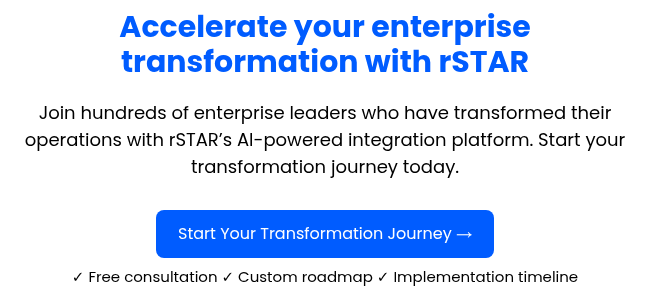Unlocking the Power of Salesforce Manufacturing Cloud for Smarter Forecasting and Sales

Industry
Manufacturing
Challenge
The client faced inefficiency in forecasting tools, fragmented data landscape, low Service Cloud adoption, and high technical debt from legacy systems.
Results
The implementation of Salesforce Manufacturing Cloud resulted in a $71 million cost reduction over five years, 30–60% improvement in automation and forecast accuracy, and 100% paper-to-digital migration for sales and contracts.
Technologies That Powered the Transformation
Salesforce Manufacturing Cloud, SAP, MuleSoft, Einstein GPT, DPE
$71 Million in Cost Reduction
Cost savings were derived from a combination of overnight freight and inventory reductions and are estimated to be achieved over five years after implementation. Investment of $2M for Phase 1 and estimated $2M for Phase 2 with a total cost of $4M is projected to result in $71 million cost reduction over a five-year period.
30–60% improvement in automation and forecast accuracy
Salesforce Manufacturing Cloud improved automation and forecast accuracy by 30–60% and digitized all sales and contract processes. This led to a unified customer experience and a scalable system ready for advanced SAP integration.
100% paper-to-digital migration for sales & contracts
The solution enabled an integrated customer experience across customer service representatives, planners, and customers. The architecture is highly scalable and prepared for the future integration of rebate management, billing, and SAP S/4HANA.

Overview
A global manufacturer of electrical and fiber optic interconnectivity solutions, faced several challenges: an aging, unsupported ERP, manual processes and sales forecasting cycles, disconnected systems, and data siloes. rSTAR helped them integrate their system, reduce technical debt, and migrate to Salesforce Manufacturing Cloud to automate forecasting and multiple processes.Business Problem & Stakes
The client was grappling with:
-
Existing forecasting platforms, such as SAP APO, proved inefficient and were disconnected from Salesforce. With SAP APO support ending in 2027, these limitations created significant forecasting challenges for the client.Inefficiency of Forecasting Tools:
- Fragmented Data Landscape:
Critical customer and planning data were scattered across multiple systems, preventing a unified view. This fragmentation made it difficult to coordinate interactions and optimize planning functions. - Low Service Cloud Adoption:
The organization struggled with low adoption rates for Service Cloud, which negatively impacted customer service operations. This hindered the efficiency and responsiveness of their support teams. - High Technical Debt from Legacy Systems:
Customized, outdated legacy systems resulted in substantial technical debt for the company. This complexity made modernization and system upgrades both challenging and resource-intensive.
rSTAR Solution
rSTAR Technologies delivered a connected, intelligent, and scalable ecosystem by:
- Implementing Salesforce Manufacturing Cloud:
Salesforce Manufacturing Cloud was deployed and integrated with SAP to deliver enhanced visibility for both customers and business divisions. This foundation enabled the organization to harness AI-powered forecasting and streamline operations across departments. - Unified Data Integration:
Data from multiple disparate systems was consolidated into Manufacturing Cloud, creating a single source of truth for customer interactions and planning. This integration provided a comprehensive, unified view that improved coordination and decision-making. - Enhanced Service Cloud Adoption:
Schedule Agreement integration and improved dashboards were developed to boost Service Cloud adoption rates. As a result, customer service representatives and planners experienced increased efficiency and effectiveness in support operations. - Modernized Operations and Advanced Forecasting
Modernized Operations and Advanced Forecasting Key business processes, such as Sales Agreements, were modernized and integrated with ERP solutions for greater reliability and scalability. The organization leveraged Advanced Account Forecasting and AI-driven insights, ushering in smarter, data-informed business predictions.
